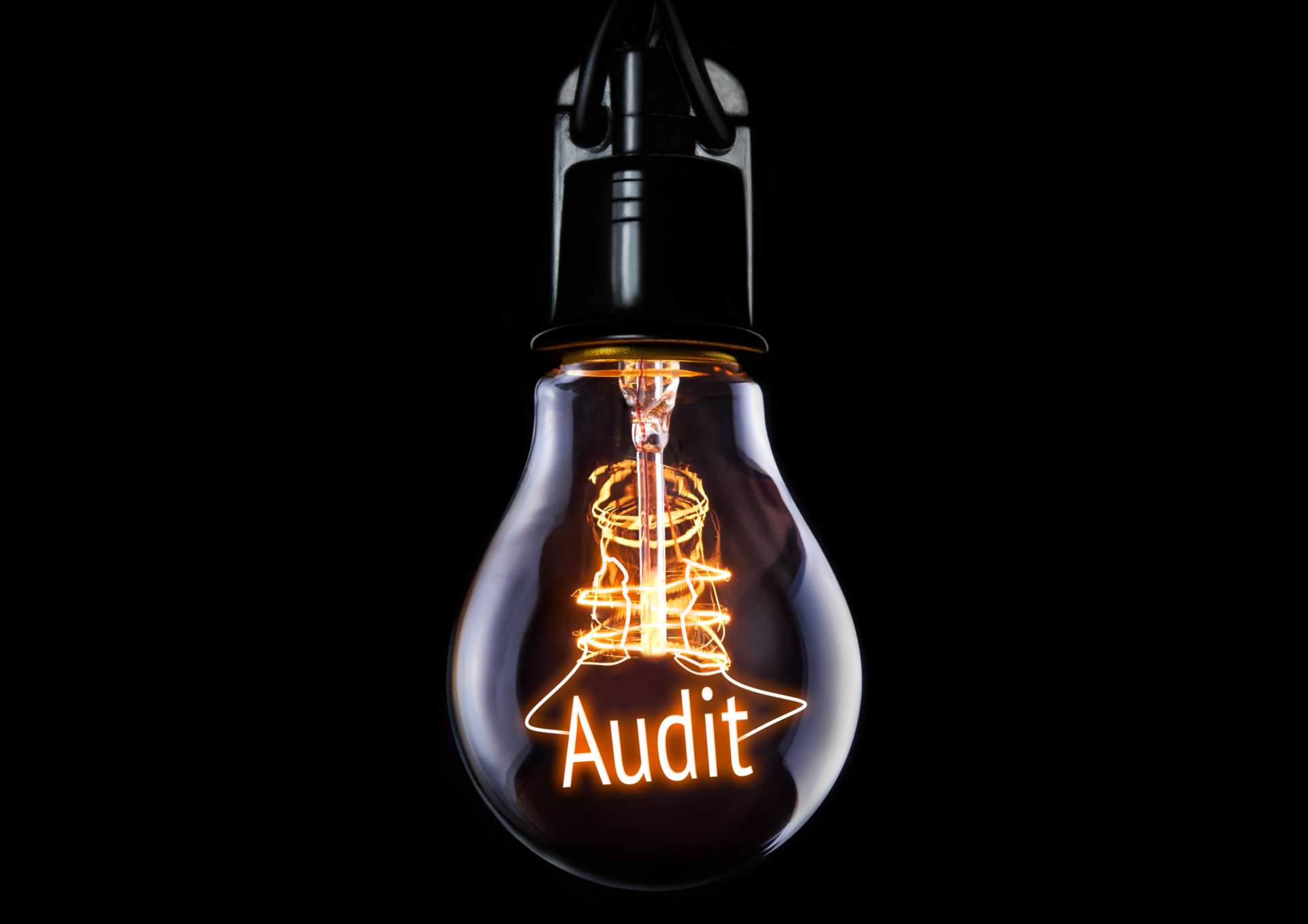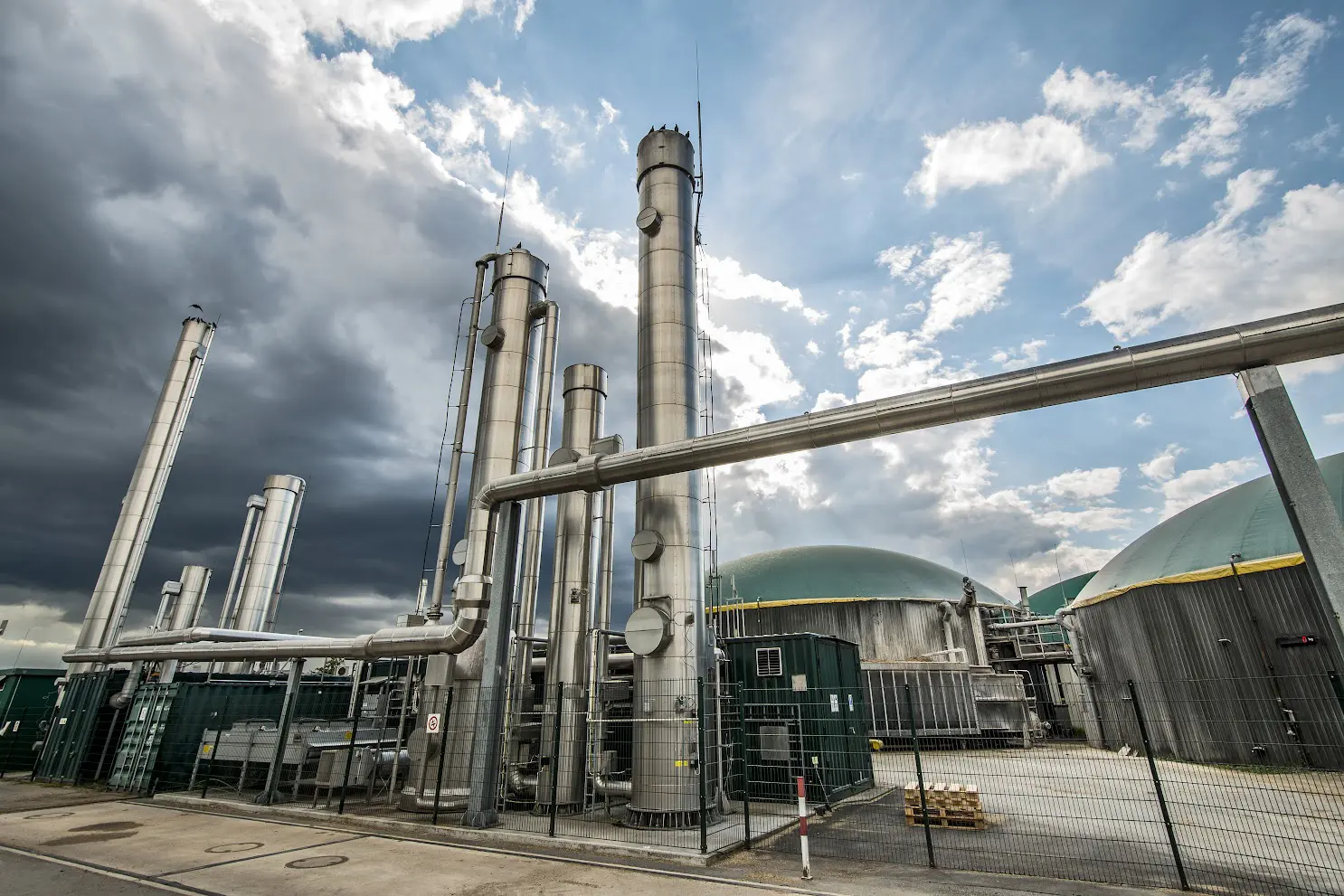Comprendre les niveaux d’audit énergétique pour les entreprises #2

Energy audits: or how to turn a regulatory obligation into a savings opportunity
What exactly is an energy audit?
An energy audit is a comprehensive evaluation of a site’s, building’s, or organization’s energy consumption, aimed at identifying opportunities to improve energy efficiency. This process includes an examination of systems and equipment, analysis of consumption data, and recommendations for reducing energy consumption and associated costs.
Statutory energy audit
For some companies, conducting and energy audit is not just good practice, but a regulatory requirement. Since December 5, 2015, large companies have been required to carry out an energy audit once every 4 years. This obligation applies to companies with:
- more than 250 employees,
- or revenue in excess of 50 million euros and a balance sheet outcome in excess of 43 million euros.
Companies holding ISO 50 001 certification for at least 80% of their energy factor are exempt from the audit requirement.
However, the decree of December 21, 2023 has modified the terms under which the regulatory energy audit applies. From now on, manufacturers must carry out a level 2 audit as defined in appendix B of standard NF EN 16247-1.
3 audit levels for your energy optimization initiatives
There are three energy audit levels, each corresponding to specific business needs and objectives.
Level 1: standard audits
Level 1 provides a general and practical overview of energy use, helping companies pinpoint initial areas for improvement without delving into excessive technical detail.
- Objective: standard audits are designed to provide a baseline assessment of a company’s energy consumption and highlight key opportunities for energy savings.
- Methodology: standard audits involve a site visit, interviews with key personnel, and the collection and analysis of relevant data from invoices, utility bills, and other on-site sources.
- Analysis: only significant energy uses are taken into account, in line with best practice and local legal requirements.
- Reliability of recommendations: recommendations are based on evaluations of projected energy savings and estimates of both operating and capital expenditures.
Level 2: detailed audits
Whereas Level 1 audits are based on estimates and available data, Level 2 audits require precise measurements of energy use.
- Objective: detailed audits offer an in-depth and reliable evaluation of energy consumption, with a focused analysis of major energy uses.
- Methodology: these audits require precise measurements of energy use rather than estimates. All uses accounting for more than 10% of the company’s total consumption are included in the analysis.
- Analysis: the emphasis is on the accuracy and reliability of the data collected. Energy use is meticulously measured to make certain that recommendations are based on accurate data.
- Reliability of recommendations: unlike level 1, expected energy savings are calculated with greater precision.
Level 3: detailed audits with costs substantiated by quotes
Level 3 is the most comprehensive and accurate of all energy audits, offering a detailed analysis backed up by robust financial data. In fact, this level of energy audit is ideal for companies seeking a thorough financial analysis and accurate estimates of the costs and benefits associated with the proposed recommendations. This enables informed planning and decision-making for energy efficiency expenditure.
- Objective: Level 3 audits deliver a comprehensive evaluation of energy consumption, including an in-depth analysis of the investment costs associated with proposed improvements.
- Methodology: as with level 2, this audit involves precise measurement of significant energy uses.
- Analysis: along with detailed energy consumption measurements, Level 3 audits provide precise financial data, supported by cost estimates or quotes for each recommendation.
- Reliability of recommendations: projected energy savings are calculated with consideration of detailed investment costs, offering a clear and accurate view of the anticipated financial benefits.
The benefits of an energy audit
Carrying out an energy audit has many advantages for companies.
- Identifying energy-saving opportunities: pinpointing where energy is consumed and where savings can be made.
- Regulatory compliance: meeting legal requirements and avoid potential penalties for non-compliance with energy audit obligations.
- Detailed energy consumption analysis: obtaining a comprehensive picture of the company’s major energy uses.
- Data reliability: accessing accurate measurements and reliable energy consumption data.
- A solid foundation for decision-making and strategic planning: confidently guide your energy investments with well-informed insights.
Moreover, implementing the recommendations from the energy audit will lead to long-term savings on energy bills while significantly reducing your carbon footprint.
Are you subject to a mandatory energy audit?
Call in an external auditor




